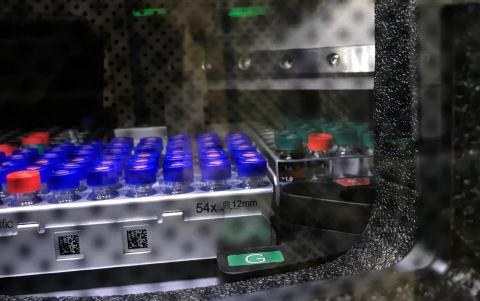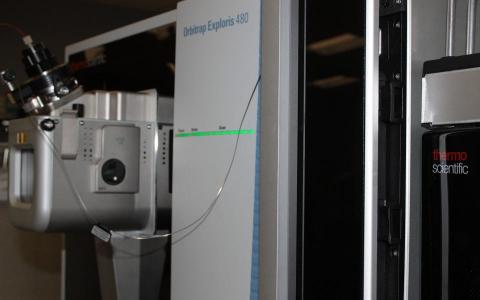Research
Our Research
About Our Research
Illegal drugs, therapeutic medications and toxins affect horses in specific ways. Performance altering drugs, stimulants, depressants, narcotics and tranquilizers can all influence racing performance; the program develops highly sensitive tests for these substances. The development of ELISA tests for drugs of abuse, along with targeted and non-targeted Liquid chromatography-mass spectrometry based screening methods are examples of industry advances provided by the group’s research faculty.
Therapeutic medications protect the health and welfare of horses; the program defines regulatory concentrations and assist in providing safe withdrawal guidelines to enable use of therapeutic medication for horses in training. These guidelines can be derived through both original research and by utilizing published research data along with statistical modeling techniques to obtain clearance parameters.
The research team look at equine pharmacology and toxicology research directed mainly at the detection of pharmacokinetics of new drugs or unfamiliar drugs they don’t have good information about. The current targets are bisphosphonates, growth hormones and growth-related compounds. The largest segment of that research will focus on the Equine Biological Passport (EBP) program.
The EBP program is the program needed to overcome today’s doping challenges and protect our industry’s reputation for the future.
The EBP program aims to identify specific biomarkers that can detect drug use and monitors those biomarkers over time. This allows us to detect drug abuse that occurs anytime in the horse’s development or during their performance career.
The Equine Analytical Chemistry Lab is part of the Gluck Equine Research Center and a major focus of this research is the Equine Biological Passport.


